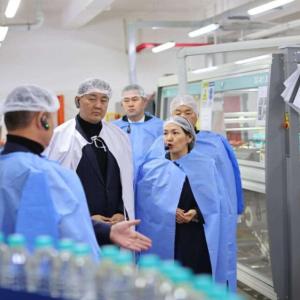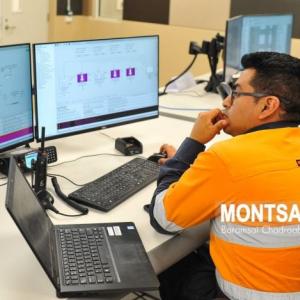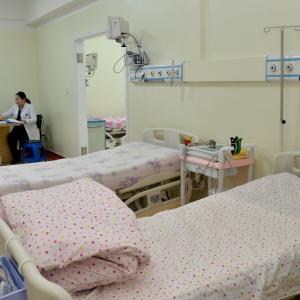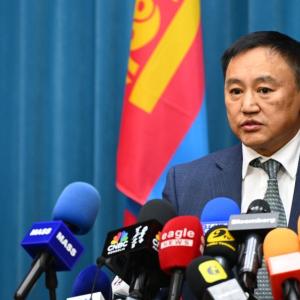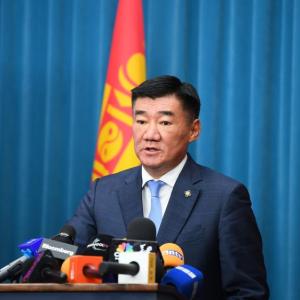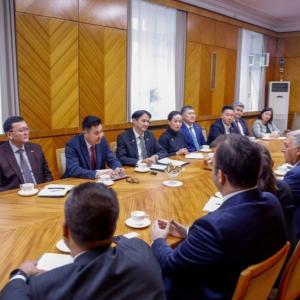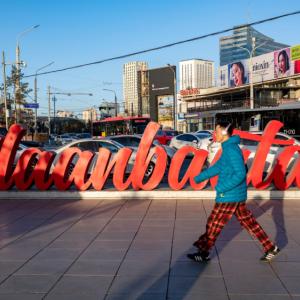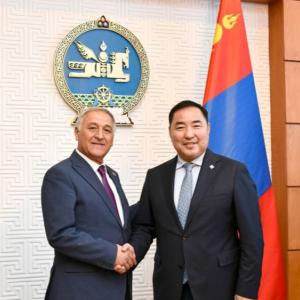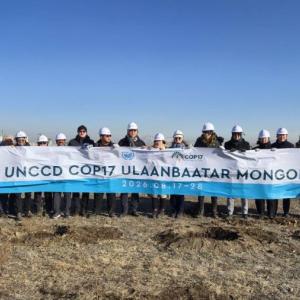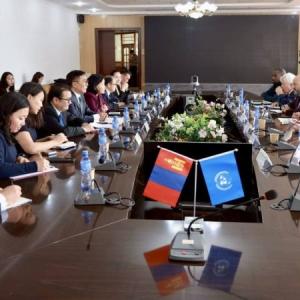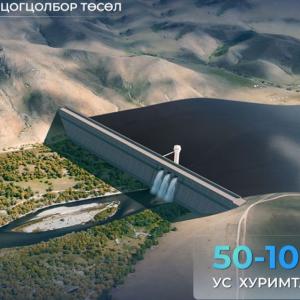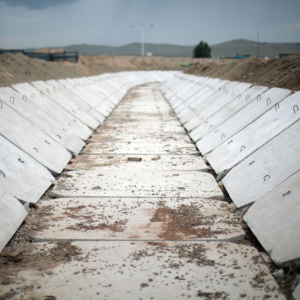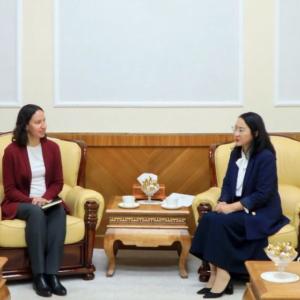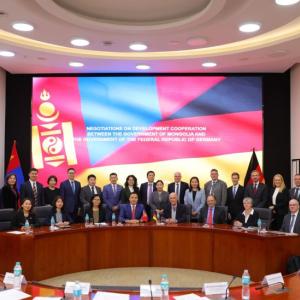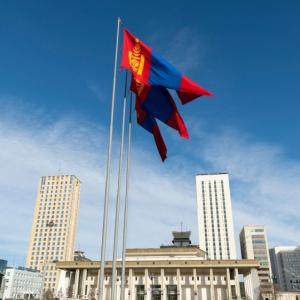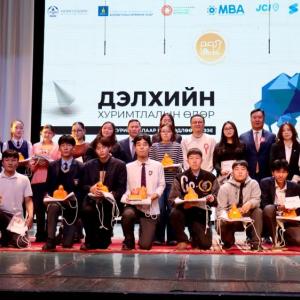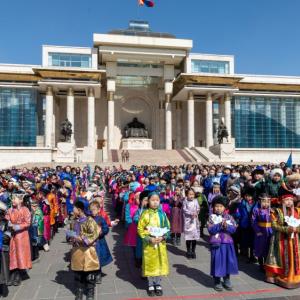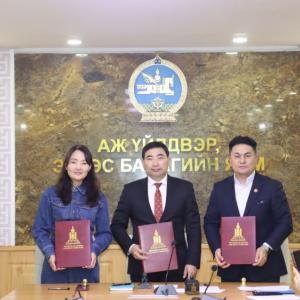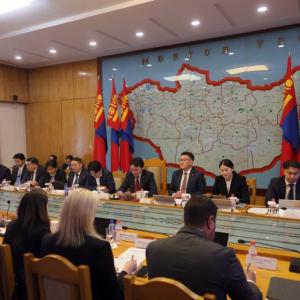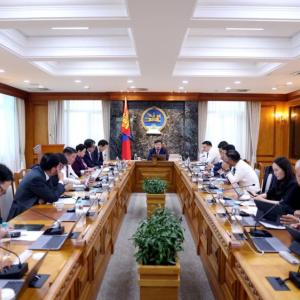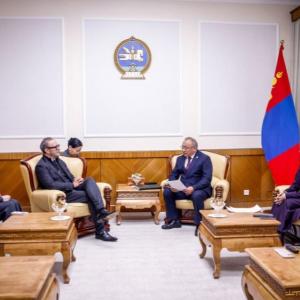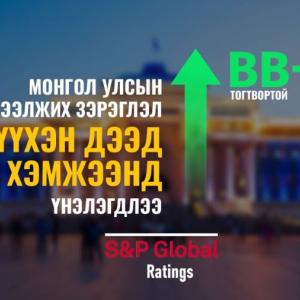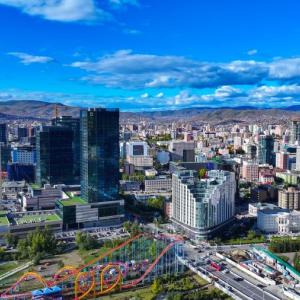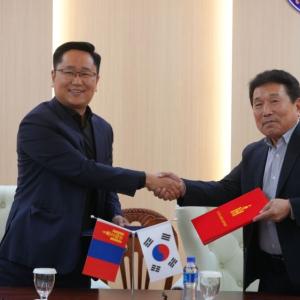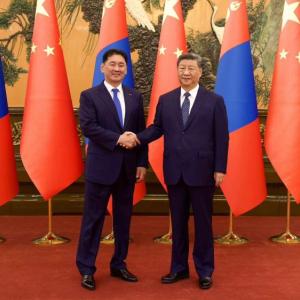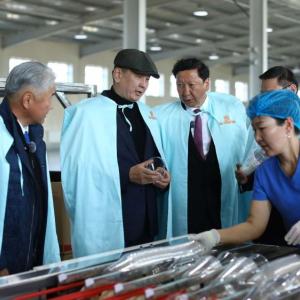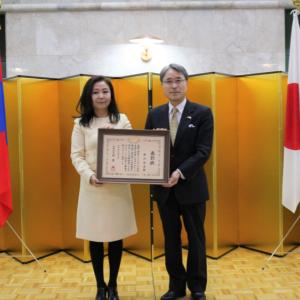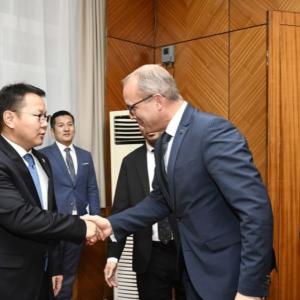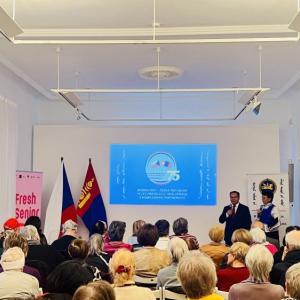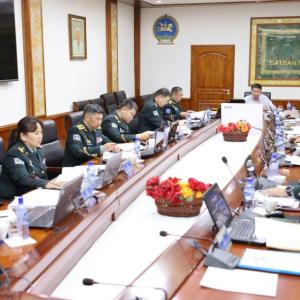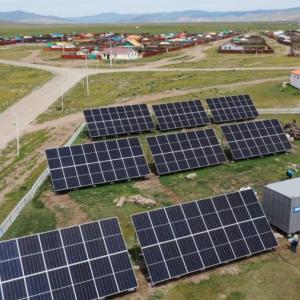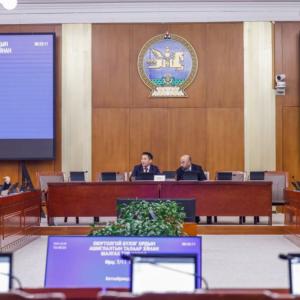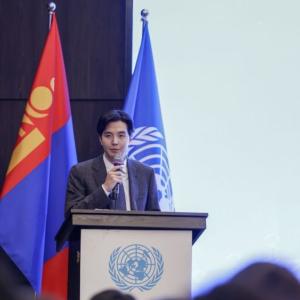Ashok Lavasa: PPPs Can Actively Support Energy Transition
Economy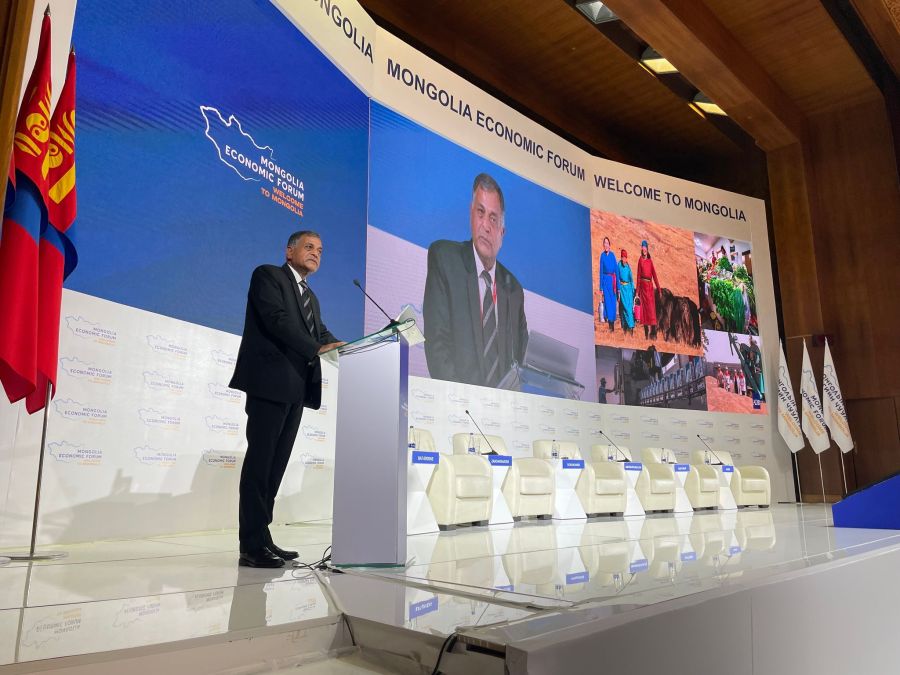
Ulaanbaatar, July 18, 2023 /MONTSAME/. Asian Development Bank Vice President for Market Solutions Ashok Lavasa delivered a keynote remark at Mongolia Economic Forum- 2023 on 9 July. In his keynote remark, he emphasized the importance of developing the enabling environment for private sector participation and expanding private sector financing to meet growing investment needs for inclusive growth and climate action. Below are some highlights from his speech.
- ADB
considers its engagement with Mongolia to be of the
highest importance. As Mongolia’s long-term development partner, ADB will support
Mongolia in its development vision (Vision 2050) to become a “dynamic and modern
economy with a thriving middle class by 2050”. Supporting the New Recovery Policy and its
six priority areas being the near-term priority (recovery in ports, energy
recovery, industrial recovery, urban and rural recovery, green recovery, and
recovery in public productivity).
- ADB now sees the Mongolian economy as firmly on a path of recovery and in a
period of post-pandemic expansion. ADB’s growth forecast for 2023 is 5.4%,
and 6.1% for 2024. This trails a solid 4.8% seen in 2022, sluggish
growth of 1.6% in 2021, and a contraction of 4.6% in 2020. With exports recently buoyed by higher
commodity prices, things are looking brighter for Mongolia. However, vulnerabilities remain.
- Mongolia is at the center of the climate crisis, with the growing threat of
desertification, storms, forest fires, droughts and severe winters, which can
devastate livestock. Energy security and the need for clean energy is a
pressing concern.
- Supporting the Mongolian economy to be
more resilient, diversified, and inclusive is a key objective of ADB. Overall, ADB’s support since Mongolia joined
ADB in 1991 has totaled more than $4 billion, and today, our active portfolio
stands at over $1.5 billion. ADB’s portfolio peaked in 2020 at close to $2
billion, as we scaled up support to assist Mongolia in its COVID-19 response,
including the provision of urgent assistance for social and health needs.
- Financing public infrastructure is at
the heart of ADB’s operations. While Mongolia has made significant progress in
building public infrastructure, faster growth continues to be held back by a
major infrastructure gap.
- Public sector financing can only stretch so far. Governments throughout the
world are increasingly fiscally constrained and debt levels can only rise so
far. Finding ways in which to attract private sector financing is therefore
critical.
- ADB is committed to supporting private enterprise and
working with the government in creating a conducive environment to further
boost private investment.
- ADB is currently undergoing an organizational change that places greater emphasis on expanding its own greater mobilization of private sector resources. Our goal is to scale up private sector operations to one-third of all operations in the coming years.

- The goal of ADB’s private sector
operations is not to compete with or crowd-out commercial financing, but to crowd-in investment and financing
and to close market gaps, with a cofinancing target of $2.50 for every
$1.00 of our own private sector financing.
- As we look at the financial sector here
in Mongolia, we now see more opportunities for green and social financing.
Green and social bonds, including gender bonds,
represent an emergent opportunity for developing countries to tap international
private sector capital searching for responsible investments.
- Food security is a priority area of ADB
& the Mongolian government and one that was exposed as a vulnerability
during the COVID-19 pandemic. Under ADB’s private sector operations, we were
able to respond during 2020 by extending liquidity support to sustain
businesses during a period of tight credit.
- ADB announced a partnership at COP26 to
launch an Energy Transition Mechanism (ETM) to accelerate the transition from
coal to clean energy. ETM combines concessional and competitively priced market
funds as a low-cost financing package that incentivizes early retirement or
repurposing of coal-fired power plants. We aim for this to be a new model for
acceleration of coal plant retirement across the region, with the goal of a
massive reduction in carbon dioxide emissions.
- As Asia and the Pacific’s Climate Bank, ADB’s own ambition is to provide up to $100 billion in
climate finance by 2030 across all countries that we operate in. Globally,
there are now huge sums of capital looking to support clean energy and climate
finance, and Mongolia can take advantage of such capital.
- PPPs can actively support energy transition in terms of
renewable energy generation, but also in terms of energy efficiency and this is
where private sector innovation and the long-term nature of PPP contracts can
add significant value through whole-life cost efficiencies.
- ADB has been actively looking to support Mongolia with
building its PPP pipeline despite challenges. The environment to enable PPPs is
advancing positively. The
Law on Public–Private Partnership was approved by the Parliament in December
2022 (with the help of ADB and other partners), and next, the government plans
to make this law effective, followed by operationalization of its PPP center.
Experience shows that these are critical reforms necessary to galvanize PPP
transactions. ADB looks forward to continuing to support the development of
PPPs by identifying a suitable pilot project that can be used to test the new
PPP law.
- Creating an attractive investment environment remains paramount. Improved infrastructure is just one part of this.
- The banking and financial sector in Mongolia has led the way in its digital transformation, and the public sector has made tremendous in-roads with the launching of the e-Mongolia platform. ADB will continue to support the government and private sector in advancing digitalization, seeking to apply solutions in our operations, including in trade, fintech, education, health, and agribusiness.
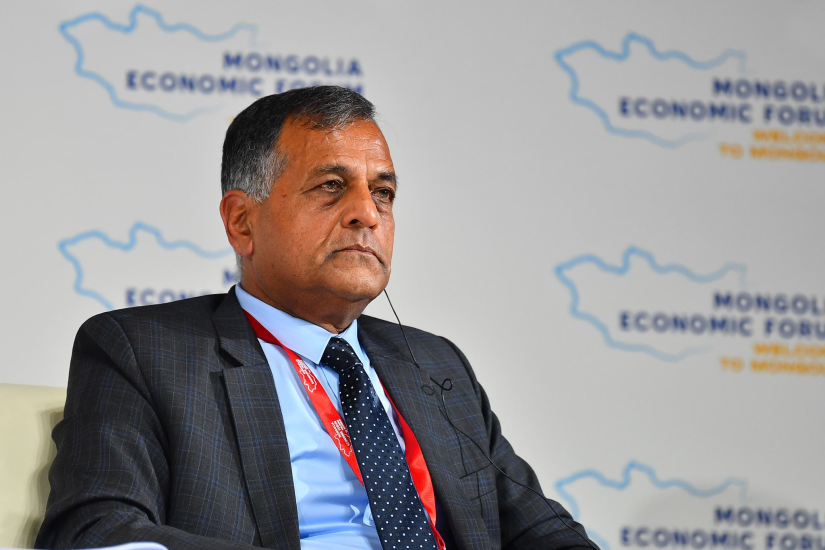
 Ulaanbaatar
Ulaanbaatar












